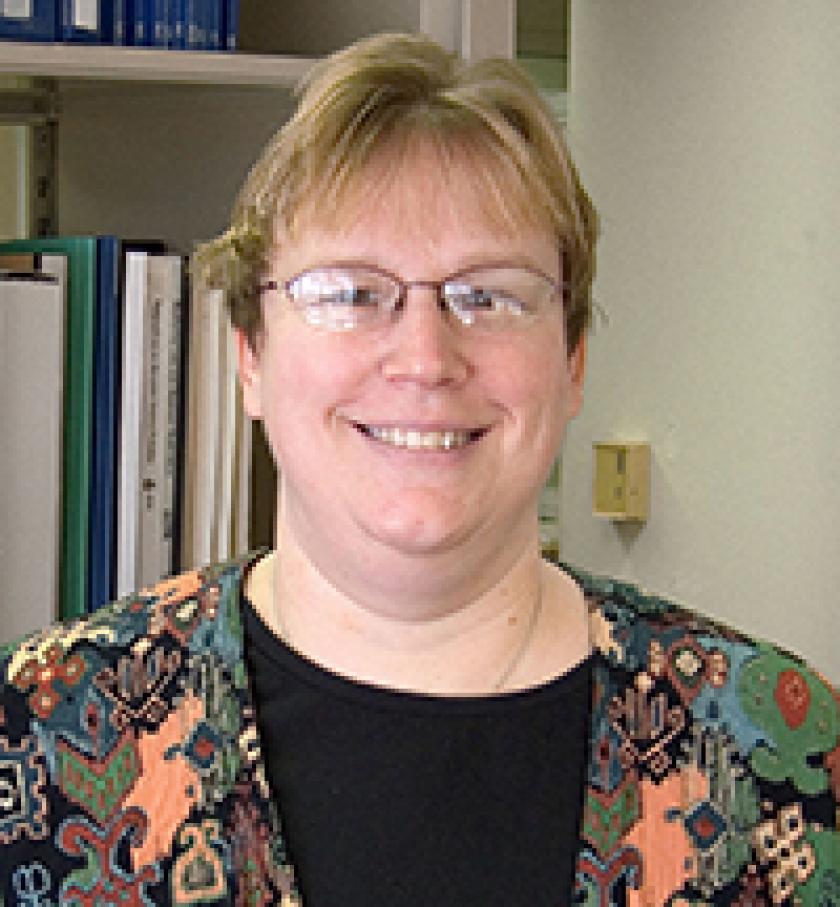
[image1-right]Laura Barnes (MS ’93) is the focus of a recent Illuminate Illinois feature by the Special Libraries Association (SLA) Illinois Chapter. Barnes is a librarian at the Illinois Sustainable Technology Center, the executive director of the Great Lakes Regional Pollution Prevention Roundtable (GLRPPR), and the author of the Environmental News Bits blog.
In the interview with SLA, Barnes discussed the motivations that led her to a career in special libraries, and her work as a librarian and educator.
What advanced degree/s do you have? Any comments on how that fits with your work or goals today?
I have a B.A. in American History and an M.S. in Library and Information Science, both from the University of Illinois. I use what I learned at GSLIS every single day. I am the only degreed librarian involved in P2Rx [Pollution Prevention Resource Exchange], which is essentially a network of virtual libraries. Each center has virtual collections and provides information services including reference and programming, although that isn’t what they call it. My combination of skills, training, and experience is unique to the project and I believe it adds a great deal of value to both GLRPPR and P2Rx. I also teach workshops to organizations (including libraries) and individuals about going green.
Are you in the job today that you thought you would be 10 years ago? What was something you were doing then that influenced your eventual career path?
Yes and no to the first question. Ten years ago, I was the Center librarian and I was doing work GLRPPR. I never considered the possibility that I would be teaching green business workshops or be Executive Director of GLRPPR, although both were part of a natural upward trajectory.
I’d like to go back a little bit further to answer the question though. When I started library school in 1991, I intended to be a children’s librarian. At that time, Sara Tompson, then librarian at the Center, hired me to be her graduate assistant. Because of her mentoring (and some strategic grant funding), I learned that special libraries were a really great place to be. When she left the position in 1995, I was hired to replace her and that sealed my fate. Sara showed me by example what an exciting, vibrant career I could have as a special librarian.